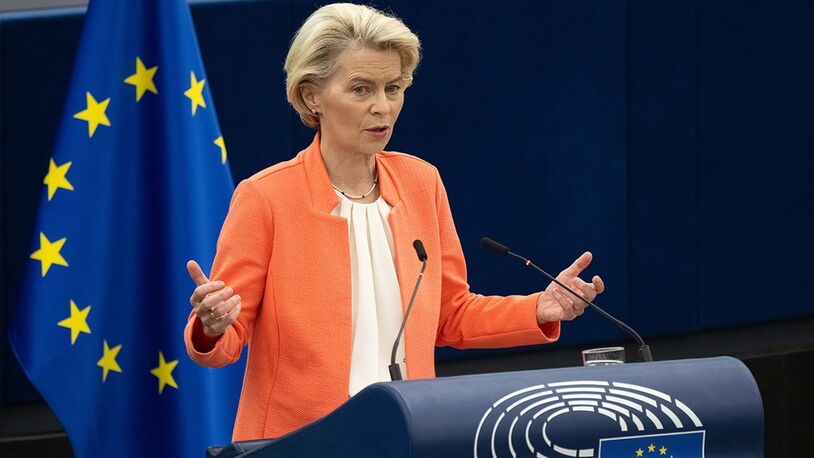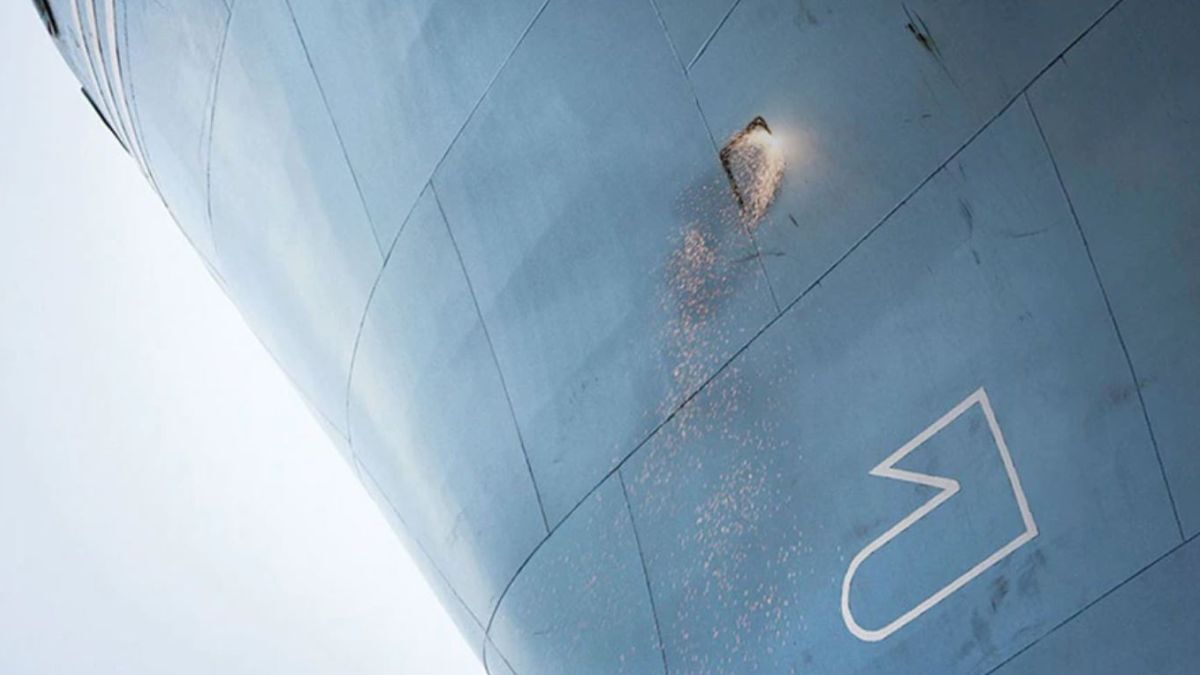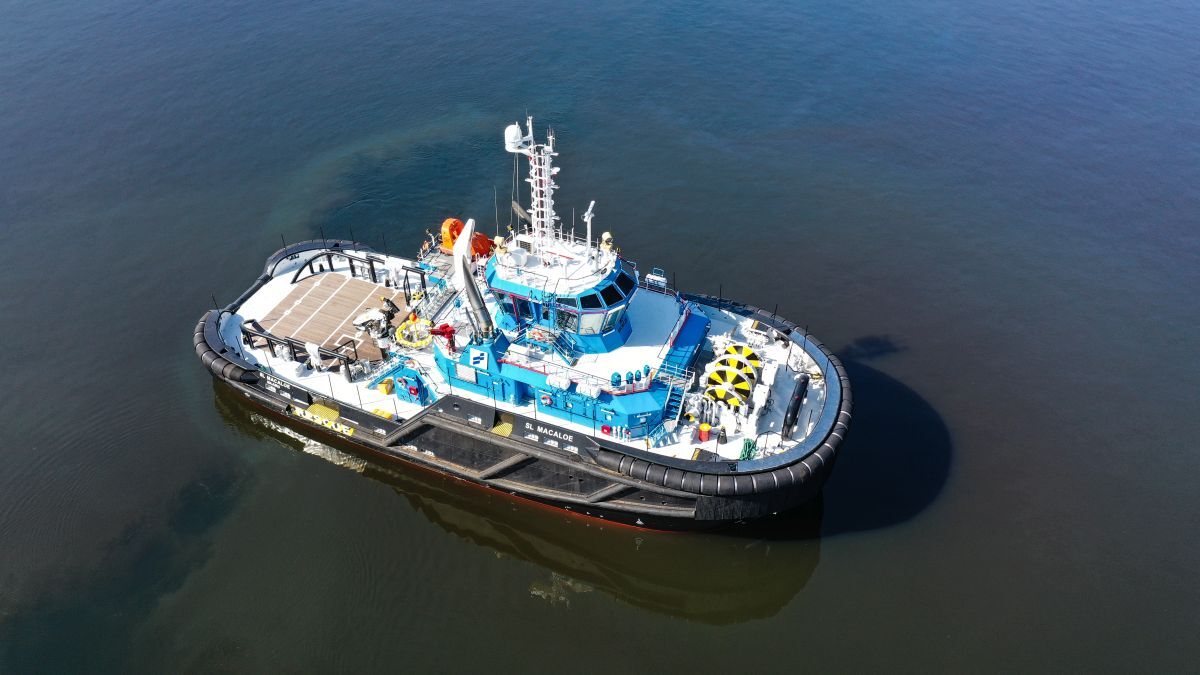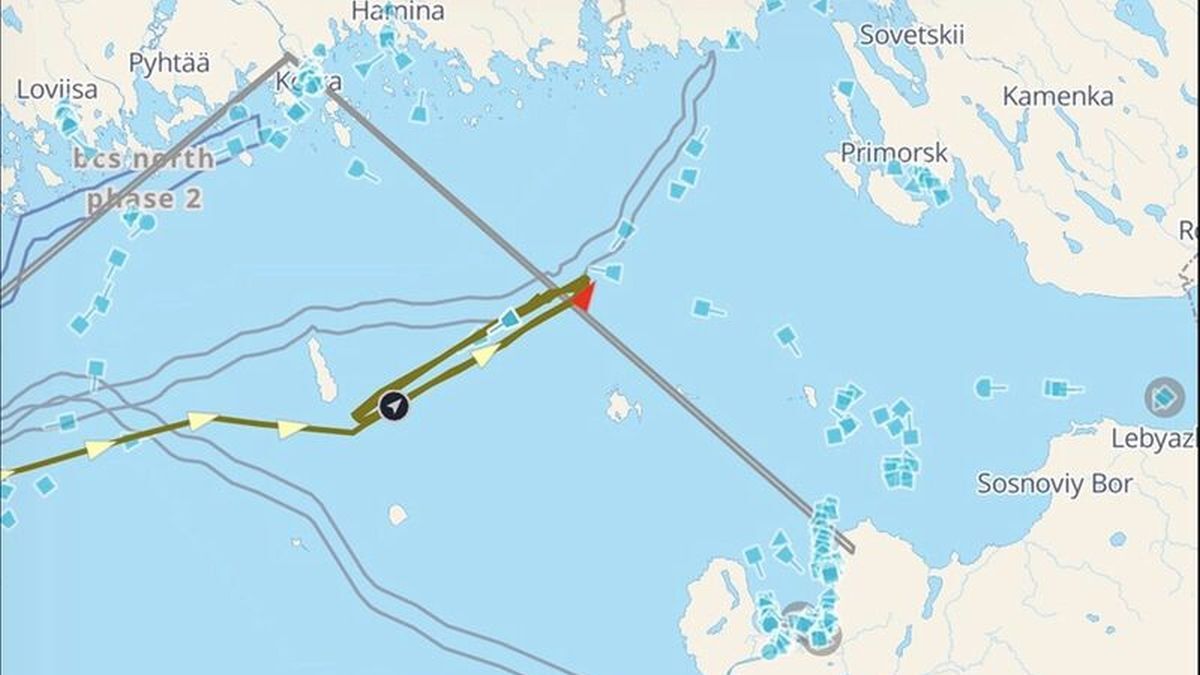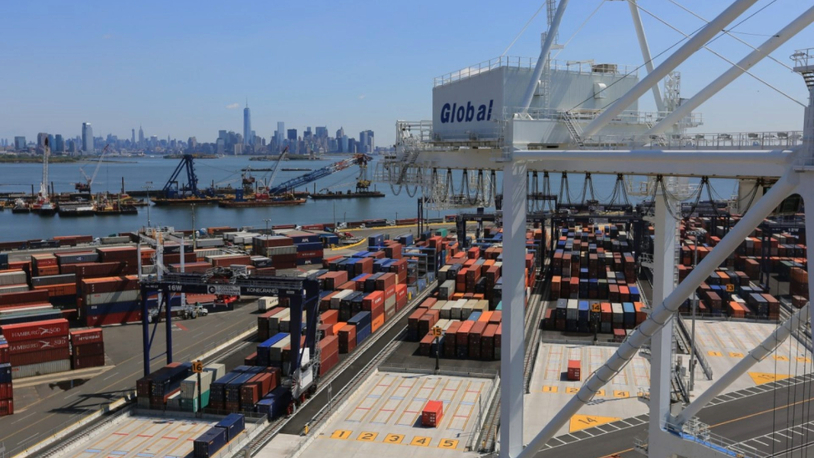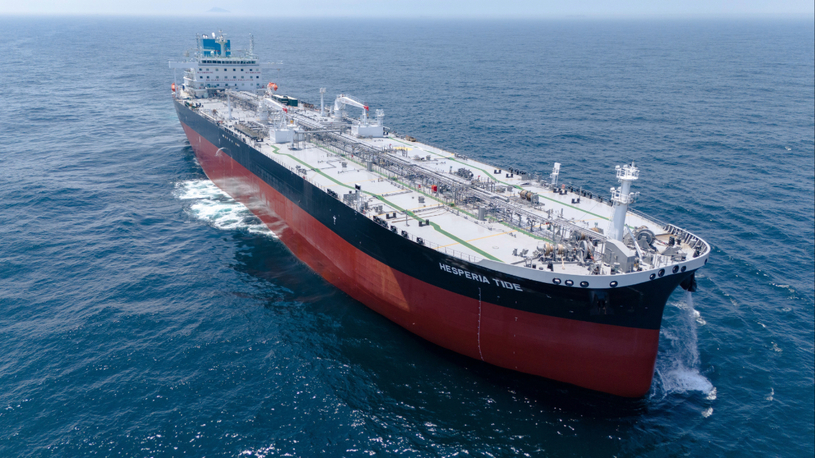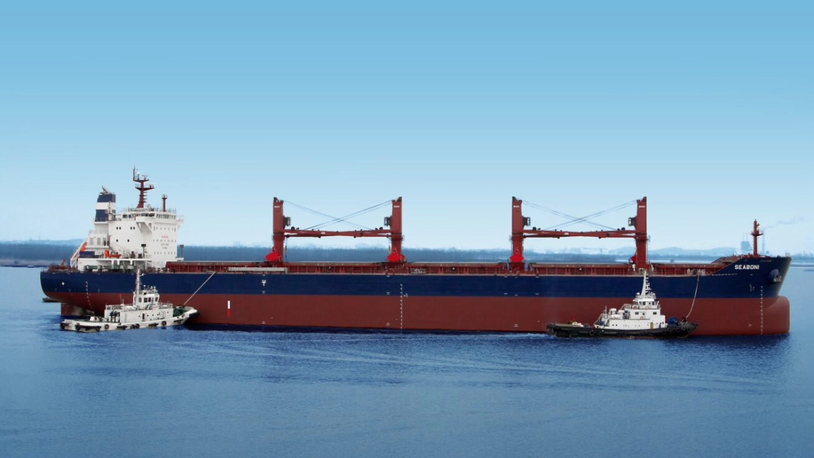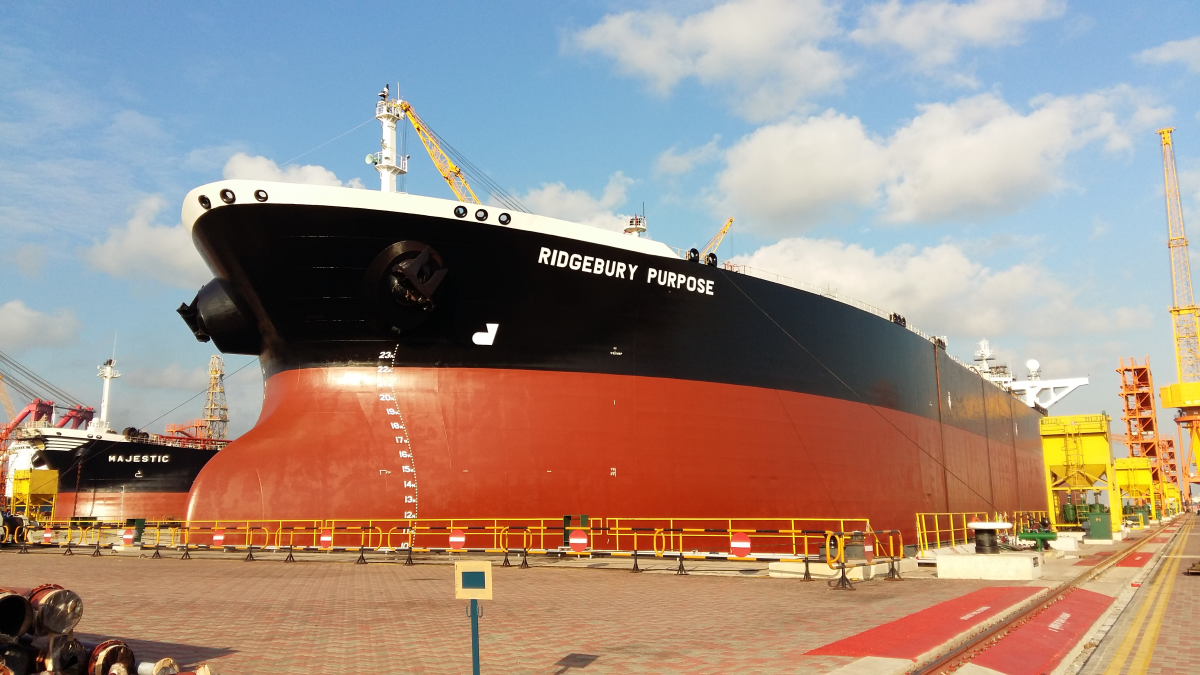Business Sectors
Events
Contents
Modernising Univan enters a new era
With a new chief executive officer, a joint venture with Cido Shipping, investment in IT systems and a move to expanded premises, Univan is embracing a new chapter in its existence
Captain Charles Vanderperre ‘was’ Univan Ship Management. Widely recognised as founding father of the modern day shipmanagement concept, he had a very traditional and conservative style and this ethos pervaded every aspect of Univan, the company he founded over 50 years ago.
His death last September, at the age of 88, marked the end of an era. The new order at Univan Ship Management is keen to retain his exacting standards and meticulous eye for detail, but at the same time embrace change.
Perhaps one of the most obvious manifestations of this change is this article. “The captain’s philosophy was that to live a happy life you should be very certain in your living, and keep a low profile,” says Capt Vikrant Gusain from the company’s business development and division, who has been with Univan for 20 years. “It was not really his style to talk much or indeed engage with the media.”
His successor, Richard Hext, takes a different view. He had known Capt Vanderperre since 1997 and the two had done business together, when Mr Hext was a shipowner. To take up his position as chief executive and deputy chairman of Univan, Mr Hext resigned as chief executive officer of Pacific Basin, although he remains on the board.
Upon joining Univan this year, his impact has been telling and immediate. “On the day he was appointed we concluded a joint venture with Cido Shipping and floated a new company, Univan Maritime, which is concentrating on tankers,” says Capt Gusain.
It was important that Mr Hext’s arrival sent a clear message to the market that Univan was in business and ready for change. “When the Captain died, there were rumours that the company would collapse; however this was never on the agenda. The Captain was, in fact, ailing for six or seven months and had his succession plan in place, with Mr Hext as his choice.”
On Univan Maritime’s joint venture with Cido, Capt Gusain says that, “Cido has something like 130 vessels in the water and around 40 vessels on order to its account. Being of this scale, the company was working with 10 shipmanagers; one of these was Univan, which was responsible for 16 vessels.
“Cido concluded it would be more efficient to concentrate all its tanker technical management with one concern and approached Univan. Now we have around 20 under management, which have all been moved to Univan Maritime, and we will also absorb the tanker newbuildings as they are delivered.”
This arrangement parallels one that Univan used to have with Omar Tankers, which ran from 1988-1996, also saw Univan train and manage superintendents and crew for the vessels. That partnership ended when Omar Tankers decided that it wanted to venture out as an independent.
Looking ahead, Capt Gusain forsees that Univan Ship Management and Univan Maritime will manage 100 vessels combined. Currently, they are jointly responsible for 57 ships, half of which are tankers. The ambition to take in 100 is another notable break with the past.
“Capt Vanderperre always set a limit of 60 vessels under management; he saw this as the optimum level to deliver a quality service, and especially to comply with oil majors’ vetting requirements,” he says.
Another shift in policy will be a greater focus on shoreside operations. “It was always the Captain’s motto that ‘the success of the company was the staff on board’, so we used to pay more attention there. Now we are giving equal priority to our office based staff,” Says Capt Gusain.
“This will translate in increased training, so that these staff further develop their skills and have better tools for the job, including a wholesale renewed IT infrastructure and systems, and a better environment for them to work.”
The latter means moving to new expanded premises. A shortlist of potential offices has been made, and Capt Gusain accepts that this will see a hike in the square foot rental that the company is currently paying for its suite in Hennessy Road. Nonetheless, it is seen as essential.
“We will not be increasing our headcount massively as we grow. Maybe from the present 85 to 90; however, each member of staff will have more room to work. We also need more room to accommodate Univan Maritime.” Capt Gusain expects that the move will be concluded in November.
For all the emphasis on new systems and the long-term aim of moving to a paperless office, Capt Gusain is emphatic that Captain Vanderperre’s work ethic, and in particular, his outstanding record keeping skills, will remain in place. The company has what amounts to an impressive archive of Captain Vanderperre’s work, which will be scanned and stored digitally.
On the old files are handwritten notes, as well the names and photographs of people who worked under the Captain, who have since gone on themselves to greater prominence in the shipmanagement world. Among the notes is one of the first budgets that Capt Vanderperre drew up when working for Wallem Shipmanagement. He founded that company in 1973 and it is widely seen as the industry’s first third party shipmanagement company.
The budget, devised in May 1973, was for a 35,000 dwt vessel and the total operating costs were US$31,000. The ship had 10 European and 22 Filipino staff, and the total crew costs were US$1,100. The European master’s total salary is US$1,161. “Even then you could see that masters were earning good salaries!” jokes Capt Gusain. TST
Related to this Story
Events
Offshore Support Journal Conference, Americas 2025
LNG Shipping & Terminals Conference 2025
Vessel Optimisation Webinar Week
© 2024 Riviera Maritime Media Ltd.


